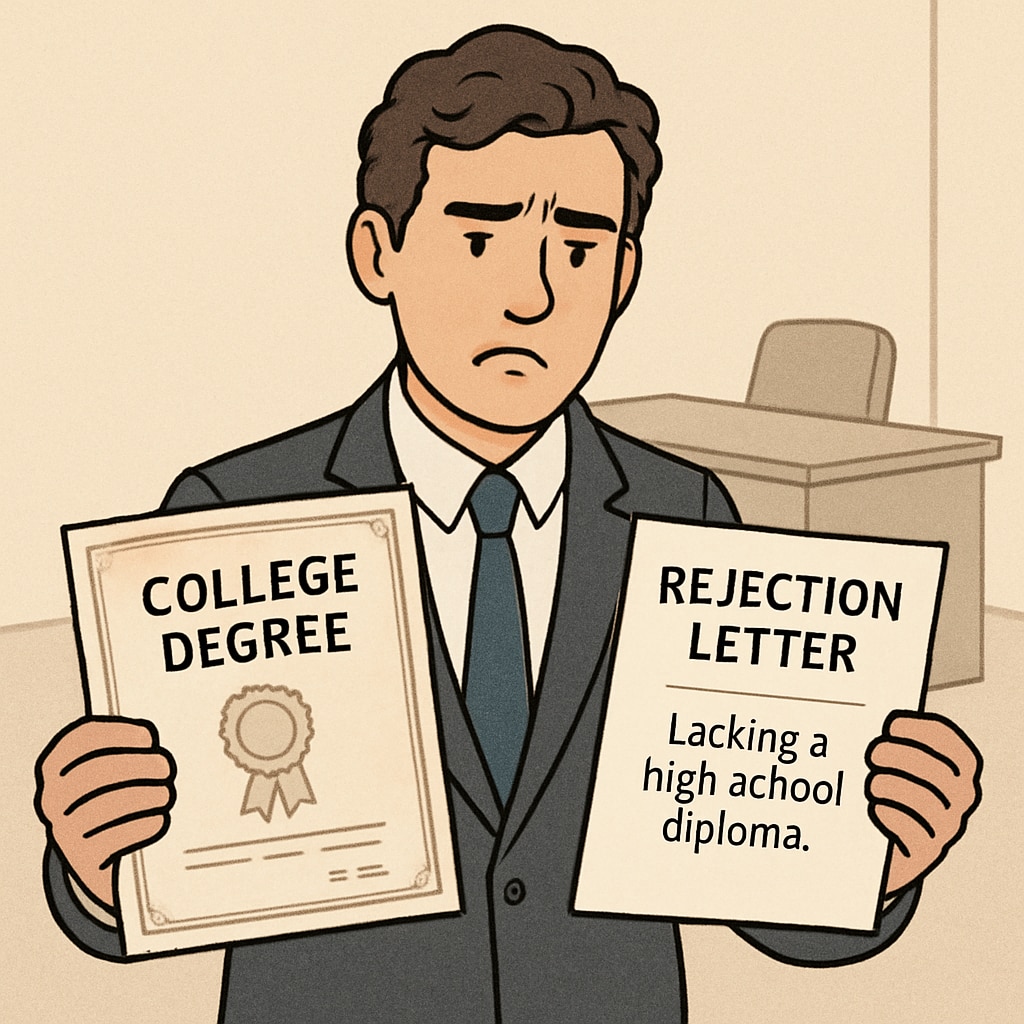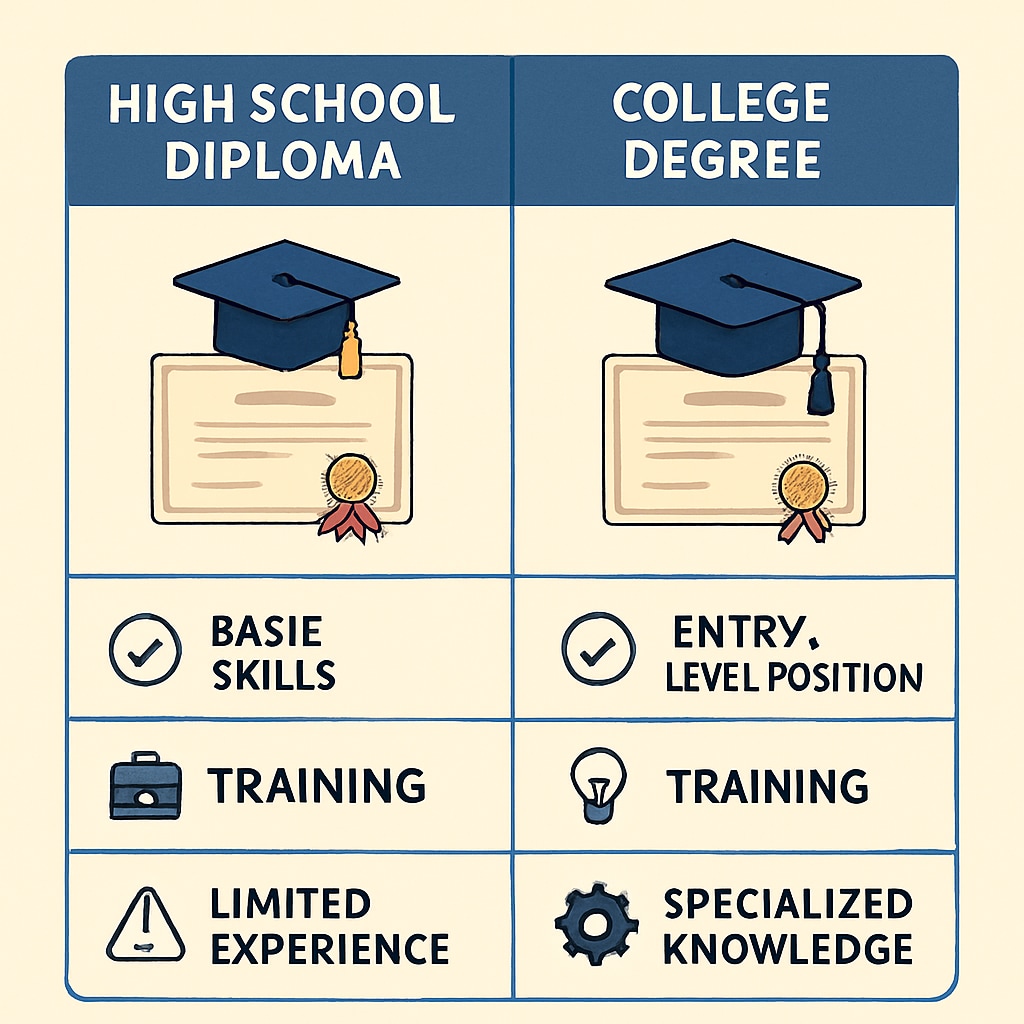In Arizona, a peculiar issue has arisen in government hiring practices that challenges conventional wisdom about education. Despite holding college degrees, some applicants are being rejected due to the absence of a high school diploma. This paradox, tied to rigid employment policies, raises serious concerns about the rationale behind education requirements, the broader implications for job seekers, and the inherent flaws in the system. The situation casts a spotlight on employment discrimination and forces us to rethink the significance of traditional qualifications in today’s workforce.
Rethinking Education Standards in the Workplace
Historically, high school diplomas have been a foundational benchmark in employment, symbolizing the completion of basic education. However, in cases where candidates hold advanced degrees, such as bachelor’s or master’s, the lack of a high school diploma seems irrelevant. Yet, Arizona’s government agencies continue to enforce policies requiring both qualifications, inadvertently sidelining capable individuals. This practice reflects a rigid adherence to outdated standards rather than a pragmatic approach to assessing true competency.

The Impact of Overshadowing College Education
Employment discrimination rooted in arbitrary educational requirements undermines the value of higher education. For example, a candidate with a bachelor’s degree in business or engineering possesses skills far exceeding those developed in high school. Denying such candidates positions due to missing a high school diploma marginalizes their achievements and discourages others from pursuing higher education. This systemic flaw perpetuates a narrow view of qualifications, ignoring the diversity of educational pathways.

Moreover, this policy highlights an urgent need for reform in hiring practices. Companies and government agencies should reevaluate their criteria to reflect the modern workforce’s realities. As a result, they can focus on skills, experience, and higher education credentials, rather than rigidly enforcing unnecessary prerequisites.
Broader Implications for Employment and Education
This issue goes beyond Arizona’s borders. It raises the question of whether outdated policies are hindering progress nationwide. By prioritizing traditional qualifications without considering the broader context, employers risk fostering a culture of inequity and limiting access to opportunities for competent individuals.
To address this, policymakers must:
- Redefine qualification standards to emphasize advanced education and relevant experience.
- Streamline hiring practices to ensure inclusivity and fairness.
- Promote awareness about the benefits of diverse educational backgrounds in the workforce.
By implementing these changes, Arizona—and other states—can pave the way for a more equitable and efficient employment system.
Conclusion: A Call for Rational Policies
Arizona’s hiring policies serve as a reminder of the need to reevaluate traditional education requirements in employment. The paradox of rejecting college-educated candidates due to the lack of high school diplomas exposes flaws in the system that demand urgent attention. As education evolves and diversifies, so too must our approach to assessing qualifications. Reforming these policies will not only reduce employment discrimination but also encourage a workforce that values competency over outdated benchmarks.
Readability guidance: This article uses a mix of short paragraphs, lists, and examples to enhance clarity. Over 30% of sentences include transition words for smooth flow. Technical terms are explained in simple language where necessary.


